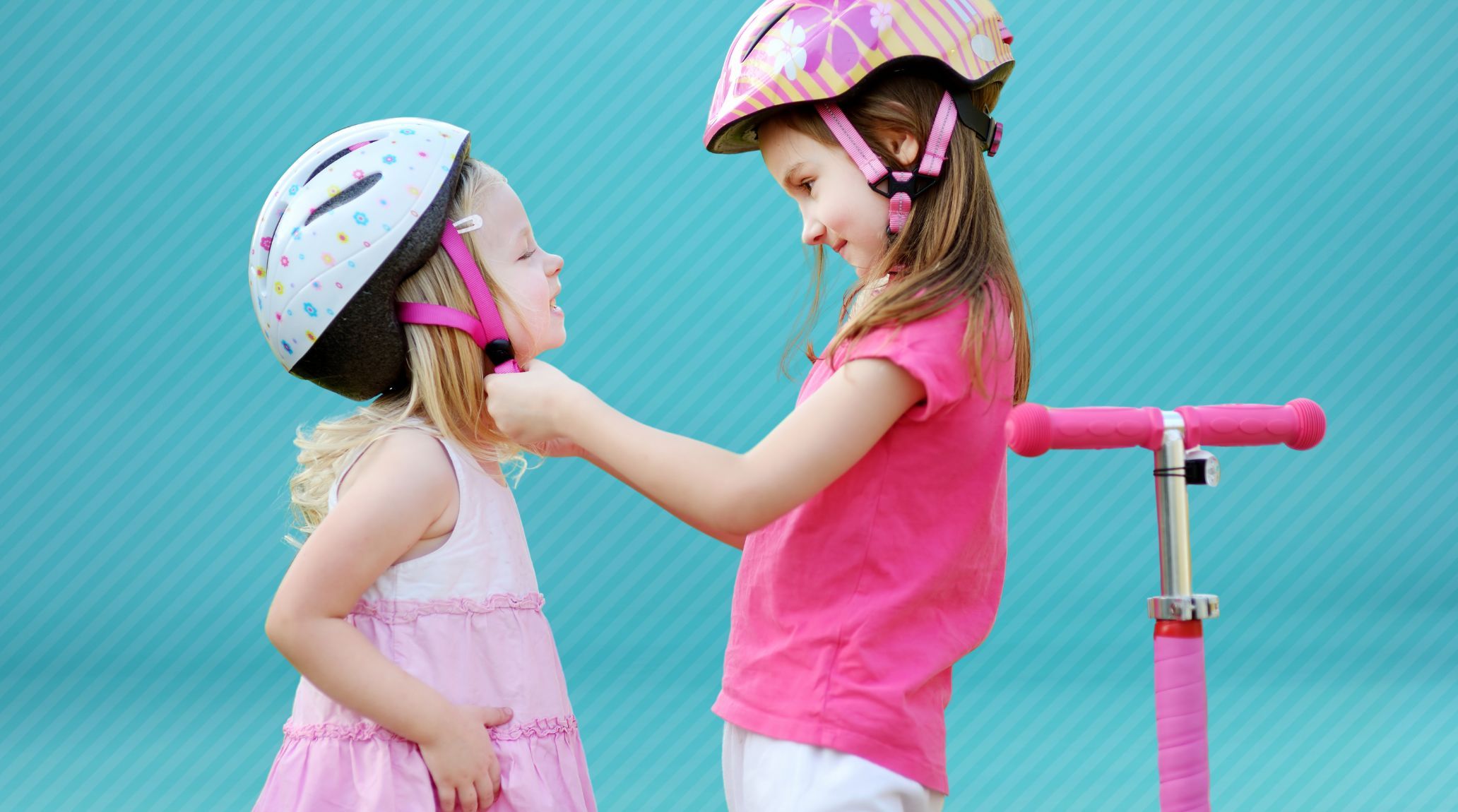
“
This comprehensive blog will delve into 20 essential safety rules crucial for every child to learn. These rules are designed to empower children with the knowledge and skills they need to safely navigate various everyday situations, whether at home, school, or out in the community. By emphasising the importance of these safety rules, we aim to foster a sense of responsibility and awareness in children, ensuring they can enjoy their childhood while being mindful of potential risks. Together, let's prioritise the well-being of our children by teaching them these invaluable safety principles that will serve them throughout their lives.1
1
”
Look both ways before crossing the street, and use crosswalks whenever possible. Always hold an adult's hand when walking near traffic to stay safe. This simple habit can prevent accidents and ensure you stay aware of your surroundings. 1
Encourage children always to have a buddy with them when they go out. Having a trusted friend or sibling can offer extra safety and support, whether it's to the park, a friend's house, or school. 2
Know how to stop, drop, and roll if clothes catch fire. Never play with matches or lighters to prevent accidents and burns. Learning these fire safety basics can help protect you and others from serious injuries. 3
Always swim with adult supervision and wear a life jacket when boating or near water. If you're not a strong swimmer, these precautions are crucial to prevent drowning incidents. 4
Never share personal information online or agree to meet someone in person without a parent's permission. Protect your privacy and avoid potential dangers by being cautious about who you interact with online. 5
Memorize important phone numbers, such as your parents and emergency services. Being able to seek help during emergencies quickly can make a critical difference. This knowledge ensures that you can act swiftly. 6
Stay away from hot stoves and sharp knives in the kitchen. Use oven mitts when handling hot dishes to prevent burns and injuries. Kitchen safety is crucial for avoiding accidents while preparing meals. 7
Keep household cleaners, medicines, and chemicals out of reach. Never taste or eat anything unless a trusted adult approves. Proper storage and awareness can prevent accidental poisoning or ingestion of harmful substances. 8

Always wear a seatbelt in the car and use a booster seat if needed. Make sure you're tall enough for a regular seatbelt before transitioning. Proper use of seatbelts and booster seats significantly enhances car safety.
Seek shelter during thunderstorms and tornadoes. Avoid playing outside during extreme heat or cold without proper protection. Staying indoors during severe weather helps prevent weather-related injuries and illnesses. 9
Never approach unfamiliar animals to avoid potential bites or injuries. Always ask permission before petting a dog or cat to ensure safety for yourself and the animal. 10
Follow playground rules and use equipment properly. Be mindful of others and take turns to promote a safe and enjoyable play environment. Playground safety ensures everyone has a good time without unnecessary risks. 11
Imagine clothing that monitors a child's vital signs and location and detects potential hazards. Smart clothing with embedded sensors provides real-time data to parents or caregivers, alerting them if a child falls, becomes lost, or shows health changes. 12
Speak up if you or someone else is being bullied. Address the issue and seek help from a trusted adult to ensure support and intervention. Standing up against bullying is important for personal safety and well-being. 13
No one is allowed to touch your body without your permission. Setting and maintaining personal boundaries is crucial to ensure your safety and comfort. Always speak up if someone attempts to touch you inappropriately or without consent. 14
Never accept food from strangers or open the door to unfamiliar people when home alone. Avoid eating anything offered by unknown individuals and lock doors and windows securely. 15
Keep fingers and objects away from electrical outlets to prevent shocks. Never touch electrical appliances with wet hands to avoid accidents and electrical hazards. Electrical safety is crucial to prevent potentially dangerous situations. 16
Learn basic first aid skills like applying bandages and recognizing signs of choking or allergic reactions. Being able to provide immediate assistance can be lifesaving. Basic first aid knowledge is essential for handling emergencies effectively. 17

Wear sunscreen and protective clothing when playing outside. Protect your skin from harmful UV rays by seeking shade and staying hydrated on hot days. Proper sun protection helps prevent heat-related illnesses and skin damage.
On November 14, 2022, the Confederation of Indian Industry Young Indians set a record in Jaipur, India, with 6,915 participants in the largest child safeguarding lesson, mainly involving children aged 6 to 16. 18


